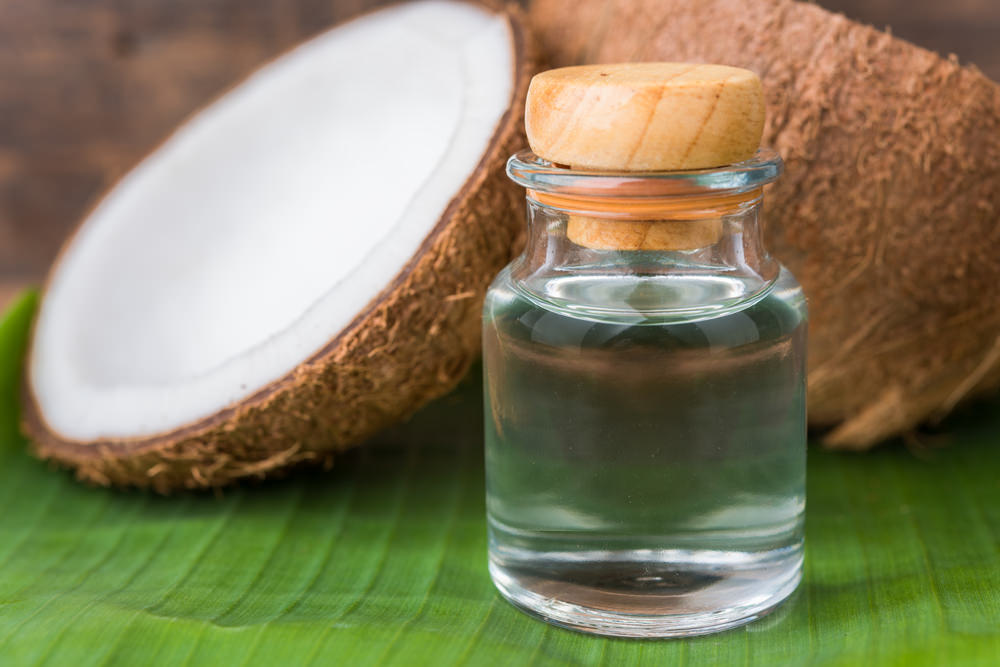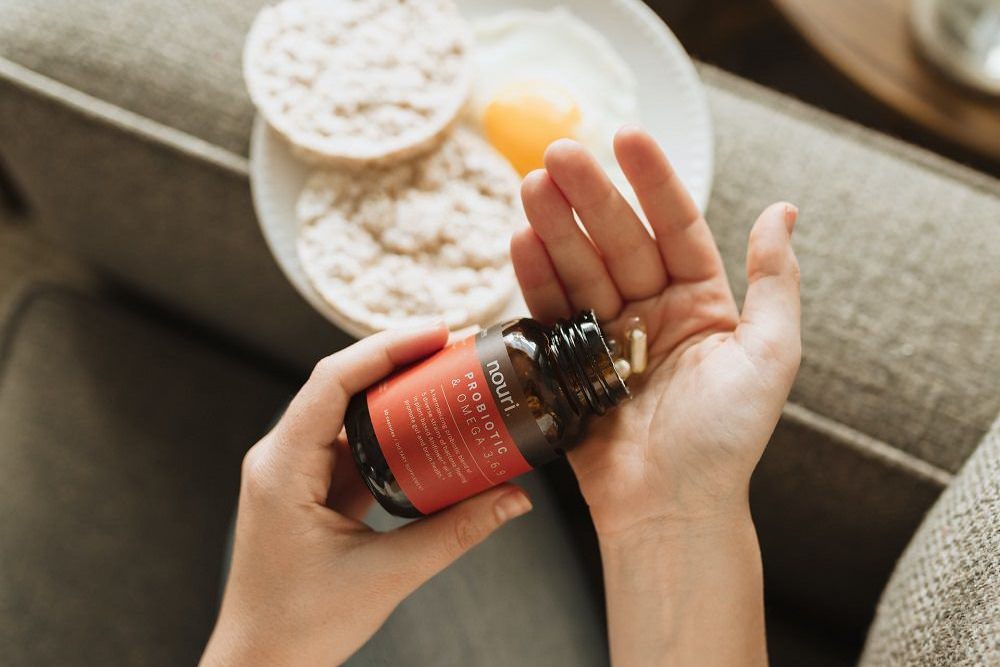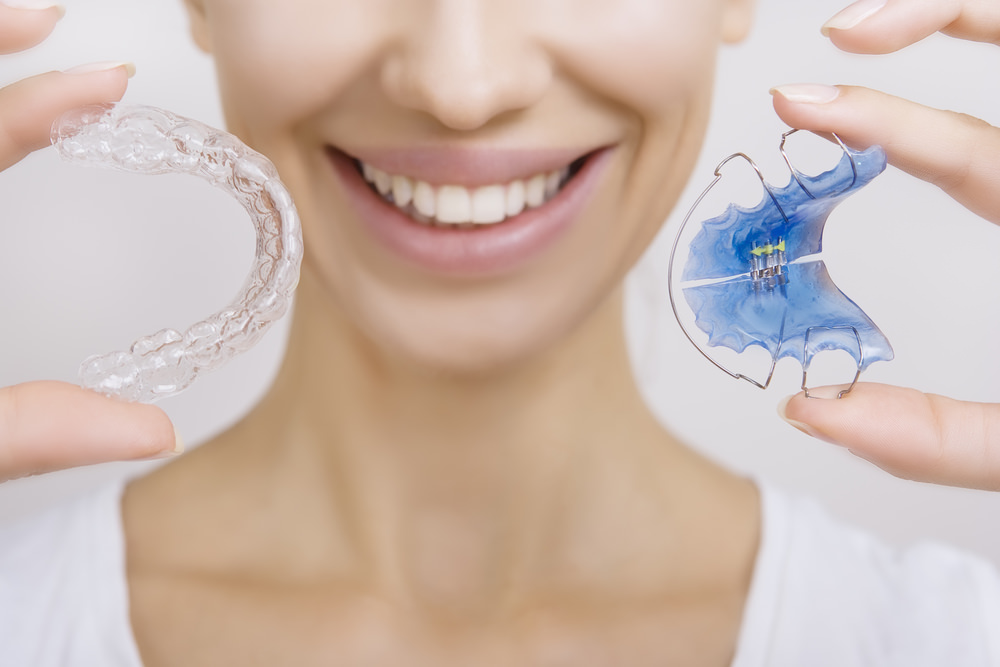Coconut Oil Pulling Dangers – What to Lookout for!
Coconut oil pulling is believed to have several benefits for your oral health, but what are the dangers of coconut oil pulling?
Coconut oil pulling can be quite risky, with possible side-effects being:
- Messing up the balance of bacteria in your mouth
- Using it in place of other, well-proved, techniques, (i.e., teeth brushing), thus an increasing your chance of getting dental disorders
- Lipoid pneumonia
- An upset stomach and ill-feelings including vomiting and diarrhea
- Losing sensation or taste in your mouth
- Sinus drainage and its nasty after-effects
- When done incorrectly – gas, irritability, exhaustion, stiff muscles, a dry mouth and extreme thirst
Today I will discuss these in more detail.
I will also provide you with the benefits of oil pulling in Ayurvedic terms, and sourced reviews that you can read for yourself.
And more, such as where you can buy oil pulling kits, below.
Coconut Oil Pulling Symptoms
Symptoms of Coconut Oil Pulling include:
1. Your gag reflex being triggered.
Although the taste of the coconut oil itself isn’t bad, you are performing the oil pulling first thing in the morning, on an empty stomach.
After a while, however, you may get used this and the gagging will stop.
2. A headache (try and drink plenty of water to prevent this).
3. A sore jaw or earache.
If you find these hurt too much, half the length of time you do the procedure for and work your way up).
4. The oil going watery.
On occasions, you may see it go all thin and white.
If so, this is a warning sign that you aren’t performing the oil pulling properly.
If you see this, you could get some bad side-effects, which I will discuss below.
Coconut Oil Pulling – What Can Go Wrong
Coconut oil pulling can seem pretty straightforward and easy, however, it can have some risky side-effects, which are listed below.
Mess Up Your Balance of Bacteria
If you ask your Dentist whether oil pulling is a good idea, it’s likely they will say no.
Why?
It will make a mess of the balance of bacteria in your mouth.
There is very little research and only a few scientific studies proving oil pulling is just a slightly effective option.
None of these yet support that it will:
- Whiten your teeth
- Get rid of toxins in your blood
A potential theory is that oil pulling violates all things the microbiome (bacterial organisms) in your mouth do, so it is:
- Unnatural
- Works against the science of your mouth
- Isn’t good for you
Your microbiome has:
- Probiotics – the healthy, obedient, bacteria
- Pathogens – the disobedient bacteria that is known for its’ destructive behaviour in your mouth
It’s believed that through oil pulling, you’re trying to eliminate your pathogens.
Though this may be the ‘bad’ bacteria, you need a balance of the good (probiotics) and the bad (pathogens).
This way, the good can cut out the bad, naturally.
Replacing it With Tooth-Brushing
Perhaps the biggest risk of all is to use oil pulling instead of failsafe treatments.
Some people use oil pulling in place of brushing their teeth, a method that has stood the test of time.
But the oil pulling will not rid plaque or bacteria from your teeth, so your chance of getting cavities will most likely increase.
Lipoid Pneumonia
Lipoid pneumonia is a rare lung disease caused by inhaling or aspirating oily matters.
This may happen through oil pulling if you:
- Accidentally swallow or breathe in a substantial amount of oil
- Infiltrates your air passages and lungs
- The oil may contain oral pathogens or toxins
Upset Stomach, Nausea, and Diarrhea
Oil pulling requires you to gargle and swish what is a rather condensed oil for a lengthy period of time.
This can make you feel queasy, and possibly even cause you to vomit.
If you swallow the oil, it can upset your stomach, leading to possible diarrhea.
Lost Sensation or Taste in Your Mouth
If you thoroughly research this topic, as I have, you will find there is a possibility of losing sensation or taste.
Though there is no proper research on this – only one interview with Dr. Guha.
Sinus Drainage
For some, this may be a good thing. An anecdotal claim is that it cured sinusitis.
However, for others, this may cause excessive sinus drainage. This can be a result of:
- An allergic reaction to the oil
- Another content in the oil.
Whilst some truth about sinus drainage is its’ your body eliminating the bad toxins, other nasty side-effects include:
- Congestion
- Trouble breathing
- Headaches
- Nightly coughing
- Pneumonia
- A runny nose
“Hangover” Feelings
This may sound contradictory, as oil pulling can ease your hangover.
But if done incorrectly, though less common, it can cause you to feel like you have a hangover.
These side-effects include agitation, gas, exhaustion and stiff muscles.
Dry Mouth
Again, this side-effect is generally only seen if you use the incorrect method when oil pulling.
There is some anecdotal evidence supporting this.
Extreme Thirst
This is essentially an indication of having a dry mouth.
If you have tried oil pulling and your result was a dry mouth, this will make you extremely thirsty.
If so, be careful you don’t drink too much to recoup – it’s possible to drink too much that it’s fatal.
Avoiding the Side-Effects
Some of the side-effects of oil pulling that I mentioned are due to the method being performed incorrectly.
The Ultimate Guide to Oil Pulling discusses the correct way to perform oil pulling, which may help prevent you from getting these side-effects.
Some more important precautions are:
- After oil pulling, wait 15-20 minutes before eating or drinking
- Don’t let anyone under 5 years old perform oil pulling
- If you’re allergic to coconut oil, or a certain brand, choose another one
- Have an experienced Dentist give you medical guidance and approve your technique
Oil Pulling Reviews
You can read Wellness blogger Leah Goulis’ blog – I tried oil pulling for a week, and this is what happened.
What happened wasn’t great – she gagged, got a headache, and clogged her sink!
She had her belief confirmed by Dr Reuben Sim, the cosmetic Dentist at Dental Boutique.
His point of view is that oil pulling is a controversial trend, that “health hipsters” have made more popular.
Fashionista has a similar (nearly) weeklong experiment with different results:
- Some side-effects, such as a headache and nausea
- A cured hangover and whiter teeth.
She discussed this result with Dr Katey Yeowart, MBBS MPH, who said:
“Whilst oil pulling doesn’t currently have much-certified trial data, it’s a great, organic replacement for mouthwash.
A third opinion is by Lauren Venosta, the blogger behind Total Body Nourishment.
Her blog discusses how she tried oil pulling once and has stuck with it ever since.
Her results include:
- Whiter teeth
- Fresher breath
- Stopping her gum recession
This is supported by:
- Claims her Dentist said her teeth look better than ever, and
- Recommendations to read the book by Dr Bruce Fife, “Oil Pulling Therapy”.
Confused?
You can read my unbiased report and the ultimate guide to oil pulling and make your own choice.
Oil Pulling Benefits Ayurveda
The Natural Center for Biotechnology Information states that oil pulling started in India as part of a natural healing process, explained in ancient Ayurveda texts.
Formed roughly 3000 – 5000 years ago, Ayurveda is a holistic type of medicine.
It presupposes your tongue is connected to a variety of organs, including your:
- Kidney
- Heart
- Lungs
- Small intestine
- Spine
Oil pulling is thought to help excrete heavy toxic metals through your saliva, by activating salivary enzymes, which soak up chemical, bacterial and environmental toxins from your blood.
It also disposes of these from your body through your tongue.
Meaning, Ayurveda believes that you can detoxify and cleanse your whole body through your tongue.
Coconut oil is more commonly used these days, as it is thought to be more beneficial due to its lauric acid, which has antimicrobial properties, such as the capability to ward off viruses, bacteria, and yeasts.
However, what was traditionally used in Ayurvedic times was sesame oil – mainly because it was readily available at the time, and has both obstructive and balancing strengths.
Oil Pulling Kits – Where to Buy Them in Australia
Now, if you’re ready to try oil pulling – can you buy oil pulling kits?
Yes – below is a list of where you can purchase them:
– White Glo Coconut Oil Pulling Sachets 10 Pack Online Only
– Keeko Morning Mint Oil Pulling Sachets 14x10mL sachets
– Nature’s Mouthwash Oil Pulling Kit
– Terra & Co., Brilliant Black Oil Pulling, Mint, 6.75 oz (200 ml)
– Oil Pulling Ayurvedic Mouthwash – Ginger
– Dr Tung’s Oil Pulling Concentrate
– Black Chicken Remedies Oral Swishing Oil – Oil Pulling Oil 115ml
– Desert Essence, Coconut Oil Dual Phase, Pulling Rinse, 8 fl oz (236 ml)
Conclusion
Oil pulling is quite an arguable topic.
I think the main thing to realise with this type of DIY dental treatment is that it should never replace normal and proven dental hygiene practices that your dentist gives you.
If you would like more information on Oil Pulling make sure you read our post – The Ultimate Guide to Oil Pulling which goes into detail on the advantages and disadvantages of this type of mouth cleaning.
Have you tried Oil Pulling? What are your thoughts on this subject?
By Anthony Cade
Created at December 07, 2020, Updated at January 25, 2025
Sorry, the comment form is closed at this time.






coffebeanshub3 years ago
Thank you for this excellent website. I am trying to read even more articles.Many thanks again!